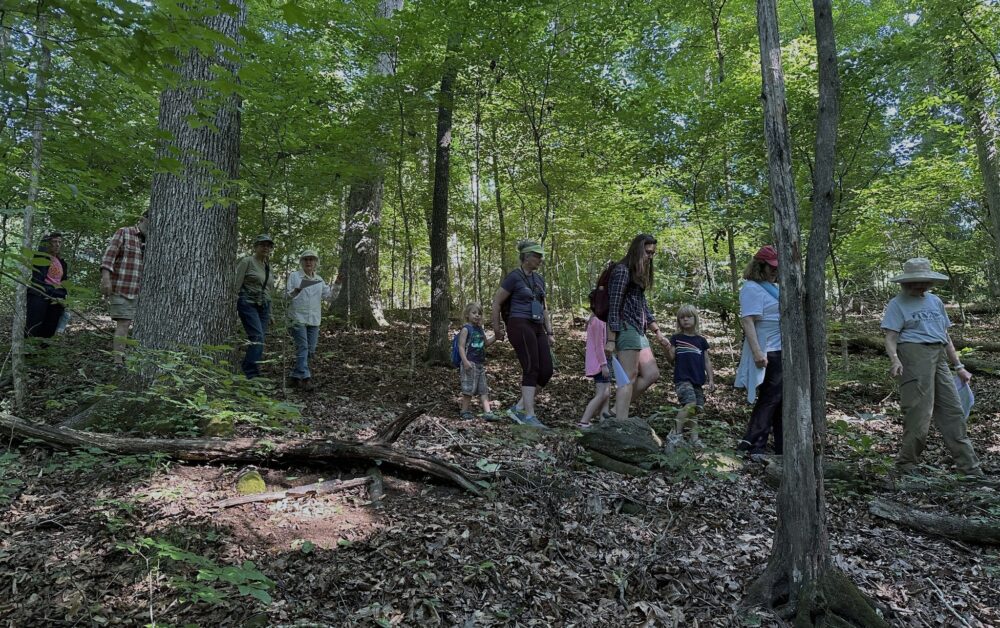1) Quote of the week:
“Honey bees are livestock like chickens and goats, and just as you wouldn’t keep chickens to protect songbirds, keeping honey bees does nothing to protect our wild pollinators.” (Source)
2) A buyer’s guide to suet and bird puddings. (link)
3) Ants create a siphon out of sand grains to get access to sugar water. (link)
4) Desert birds bear the brunt of climate warming, but desert mammals don’t. You can read the abstract. (link)
5) Seahorse dads contribute nutrients to their babies. (link)
6) What happens to a dead whale when it is suspended in the water? (link)
7) Judge throws out Trump rule limiting what science EPA can use. (link)
8) Whiteflies evolved to disarm plants’ defenses with sugar. This adaptive sugarcoating means trouble for agriculture. (link)
9) 10 ways to collect insects – just in case you were wondering or have grandchildren. (link)
10) 40 Years Ago the World ‘Discovered’ Mexico’s Monarch Habitat – Today Its Survival Is at Stake. (An article written in 2015, but still relevant. (link)
11) When you smell the roses, do they smell you back? Scientists have found that plants like Canada goldenrod use scents to deter insect attack. (link)
12) From Rosemary: The developmental journey from tadpole to toad. (link)
13) Mating plugs and other weird butterfly sex habits. Male butterflies want monogamy. Females, not so much. (link)
14) Do you want to learn more about native bees? Maybe even raise them? Here’s a good place to learn about bees that nest in cavities like hollow tubes or paper drinking straws. (link)
15) For knitters or people who wear sweaters: Yarn by itself isn’t terribly stretchy, but interlock strands and the resulting fabric can stretch to more than twice its length. That’s the marvel of knitting, and Georgia Tech’s Elisabetta Matsumoto aims to unravel its rules. (link)
16) How frequently should longleaf pine ecosystems be burned? A study at the Jones Research Center at Ichauway, near Newton, Georgia, shows that the answer depends on what kind of snake you are. (link)
17) From Linda: Why sunsets are better in the winter. These are dark days. At least it’s peak sunset season. (link)
18) In Guyanese savannas, a fungus infects grasslike plants, sterilizes them and produces bizarre all-fungal “flower” doppelgängers. (link)
19) A new review of the scientific literature confirms that anthropogenic noise is becoming unbearable for undersea life. (link)
